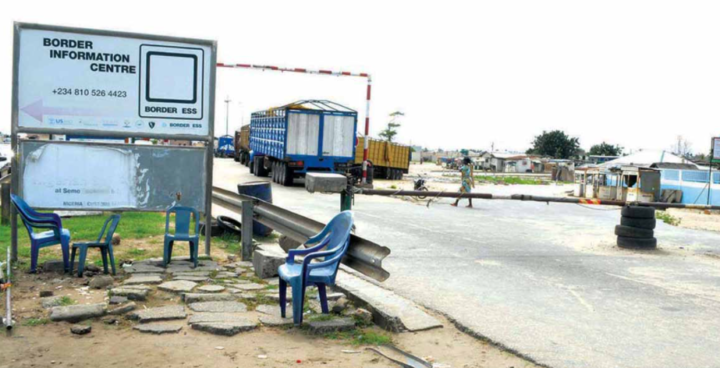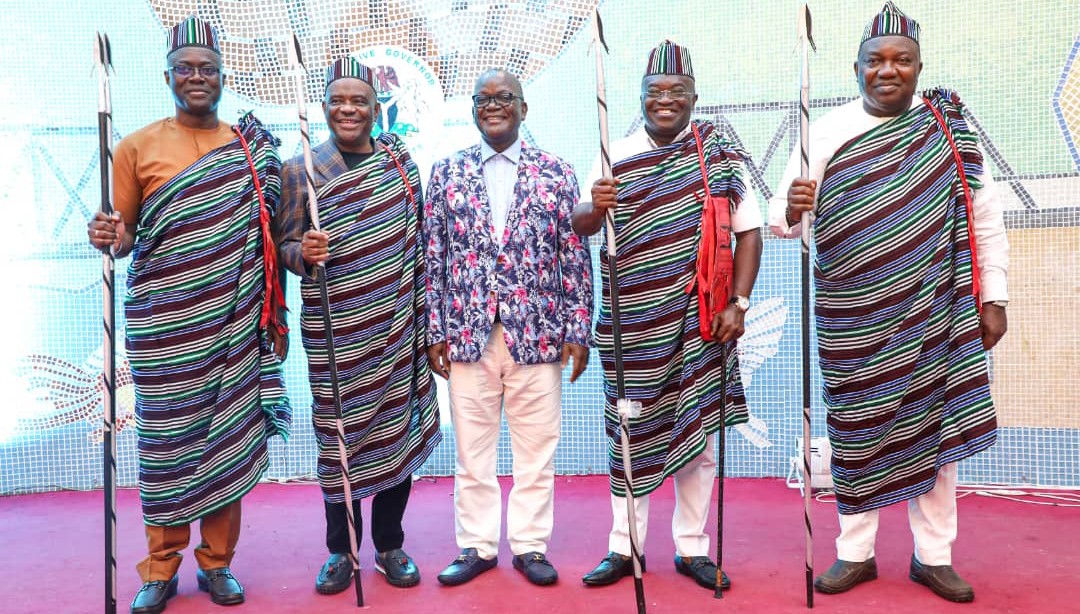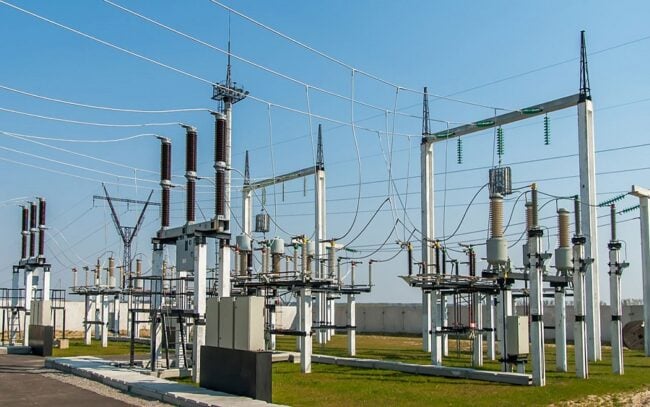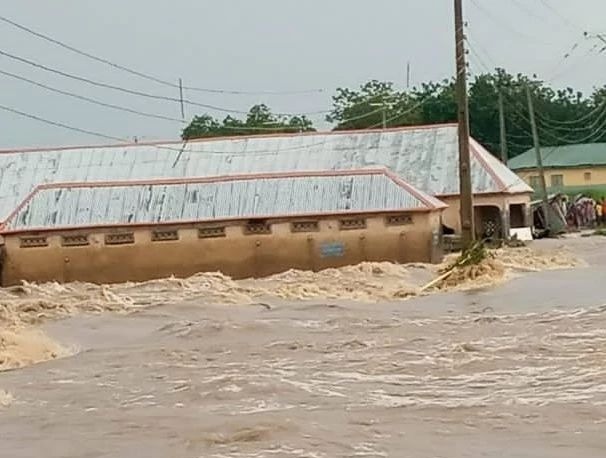Agora Policy, an Abuja-based think tank set up to find practical solutions to urgent national challenges, has proffered solutions to the various insecurity issues facing the country.
In a 64-page report titled ‘Understanding and tackling insecurity in Nigeria’, Waziri Adio, the founder/executive director of Agora Policy, said the report is timely as the raging insecurity in the country will take the centre stage of discourse in the build-up to the 2023 general election.
The report states that the security challenges are taking a toll on economic activities — particularly with regard to commerce and agriculture — and the education sector in many parts of the country.
The report identifies the dominant security challenges as terrorism in the north-east, banditry and terrorism in the north-west, herder/farmer crisis and terrorism in the north-central, militancy in the south-south, insurgency and separatist agitations in the south-east, farmer-herder/communal clashes and a sprinkle of terrorism in the south-west.
Advertisement
Here are some solutions Agora Policy proffers to end insecurity in Nigeria.
COMPREHENSIVE SECURITY REFORM
The document notes that Nigeria’s current security architecture is outdated or no more fit for the level of insecurity facing the country, as the challenges have evolved significantly.
Advertisement
According to the report, there are new domains of security threats including cyber and financial crimes, while smaller and largely benign groups have evolved into well-armed transnational insurgent groups.
It notes that a reform should start with a comprehensive and consultative audit of the missions, doctrines, trainings and staffing of all the military, paramilitary and other security forces and agencies in the country to ensure an alignment with current and future security threats.
The result of the audit, the report adds, should provide a guide on how to better streamline, resource, staff and coordinate security agencies in the country.
DEDICATED BORDER PATROL FORCE
Advertisement
The report advises that the presidency and the management of the National Boundary Commission need to embark on a deliberate effort to strengthen the capacity and capability of the commission and its personnel towards meeting its mandate.
As contained in the report, most of the inherent conflicts in many parts of Nigeria have their roots in land based/resource-related conflicts among neighbouring communities.
On this, the think tank recommends the creation of a border guard force focused on providing border security, as the current role is being performed by the Nigerian Customs Service (NCS) which considers border security a secondary priority to its primary focus of revenue generation.
If created, as the report suggests, the unchecked flow of arms and terrorists/bandits across the country’s extensive borders will come to an end or be controlled.
Advertisement
PRIVATE SECURITY
To relieve the security forces and to enable significant efforts to be applied to degrade the threats, Agora Policy advises that the government should consider inviting private security contractors, as it was done shortly before the general election in 2015, to confront armed banditry in the North-West and North-Central regions.
Advertisement
It adds that the engagement should be handled through the security forces to assuage concerns amongst some quarters that the private military contractors are an indication of the non-appreciation by the political class of the security forces’ contribution and sacrifice. In doing this, the report adivises that a clear objectives and measurement parameters should be set and monitored closely.
INTELLIGENCE!
Advertisement
In the report, the Agora Policy notes that currently in Nigeria, intelligence operations are service based and decentralised, a situation that is partly responsible for the inadequacies
in the management of intelligence for effective security operations.
It recommeds that the federal government should see to the d integration of all services intelligence
resources and decentralising of the management of such data.
Advertisement
It adds that the proferred solution could be achieved through creation of a national platform that would enable seamless collection and dissemination of intelligence just as “other available resources must be integrated, like the recently introduced community police structure or state police (if eventually created) for a more organic grassroots intelligence drive.”
CONFLICT RESOLUTION WITH SOFT-APPROACH
According to the report, much of the conflict manifestation seen across Nigeria, from Niger Delta and secessionist agitations, to armed conflict in Zamfara and much of the middle belt could be avoided if there was a constructive engagement of all stakeholders to address the underlying issues.
The report recommends that conflict mediation and resolution structures must be re-instituted at the community level.
These should consist of traditional rulers, women and youth representatives, vigilantes, and security agencies who should be incorporated into the local government infrastructure and become a part of the community governance structure.
The report is the second of four policy papers commissioned to contribute to national debate before, during and after the landmark 2023 elections in Nigeria.
Add a comment






